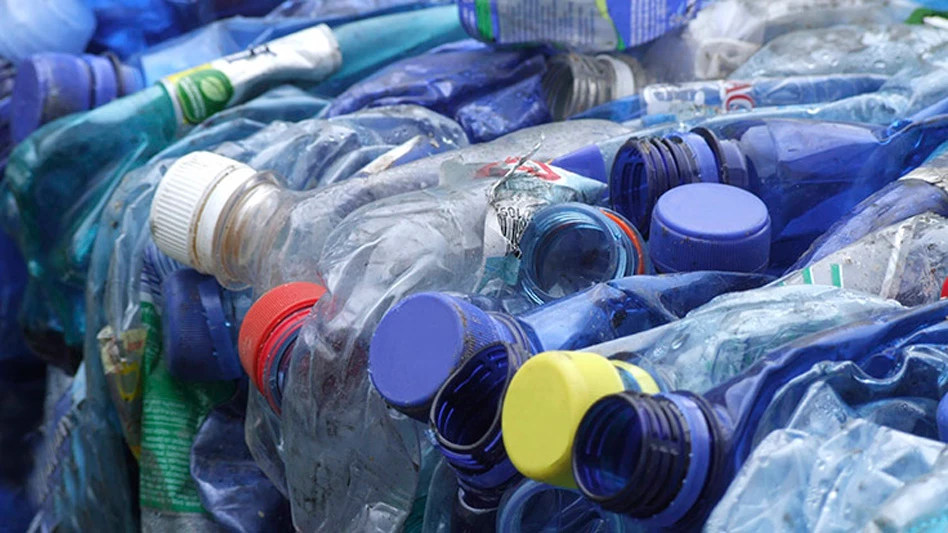
Photo provided by iStock
Skeptics concerned that plastic recycling is a dead end should take note of U.S. demand for plastic scrap in 2023 that outweighed the ability of Americans to place enough plastic bottles and other items into a recycling bin.
According to Houston-based commodities consulting company ICIS, the U.S. became a net importer of plastic scrap for the first time last year. The nation’s recycled-content reprocessors imported 33 percent more polyethylene terephthalate (PET) scrap last year than they did the prior year, according to ICIS.
“While some relationships remain steadfast, such as the plastic scrap trade between North American partners Canada, Mexico and the U.S., other relationships are growing in strength, such as U.S. importing activity from Asia, particularly for PET plastic scrap,” ICIS writes in February.
Full-year trade data from the U.S. Census Bureau show U.S. imports of plastic scrap (noted by the harmonized system, or HS, code 3915) continue to increase. That figure rose by 5 percent year on year to a total of more than 446,700 metric tons in 2023.
Plastic scrap imports include used bottles as well as other forms of recycled feedstock, such as purge, leftover pairings and now flake material.
Despite the impressive import figure, ICIS says recycled-content plastic production in the U.S. faces challenges. “Many grades of plastic [that] are used for cost-sensitive applications, such as those which go into construction materials or durable goods and packaging, have seen a severe withdrawal of demand, as low-cost virgin material continues to flood the market,” the company says.
ICIS says even grades going into consumer packaging recently have seen weaker market conditions in the U.S., in that case with customers switching to imported recycled resin.
“Several recyclers now purchase cheap spot or imported rPET flake to process into their food-grade pellet product and redirect their internally produced flake from high-cost domestic bale feedstock to sell directly to customers," ICIS says.
“In the long term, the U.S. will seek imports of bale or flake feedstock not just due to the cost driver but to feed growing plastic recycling capacities amid stagnant plastic collection rates domestically.”
Thailand is among the countries sending PET scrap to the U.S., according to Census Bureau statistics, with shipments from that nation now comprising up to 11 percent of total U.S. PET plastic scrap imports. That still trails neighboring Canada, which supplied 29 percent of PET scrap in 2023.
Latest from Recycling Today
- BMW Group, Encory launch 'direct recycling’ of batteries
- Loom Carbon, RTI International partner to scale textile recycling technology
- Goodwill Industries of West Michigan, American Glass Mosaics partner to divert glass from landfill
- CARI forms federal advocacy partnership
- Monthly packaging papers shipments down in November
- STEEL Act aims to enhance trade enforcement to prevent dumping of steel in the US
- San Francisco schools introduce compostable lunch trays
- Aduro graduates from Shell GameChanger program





